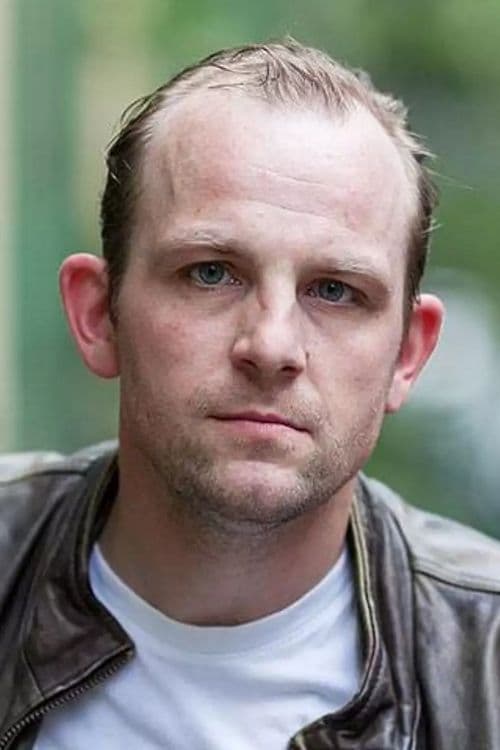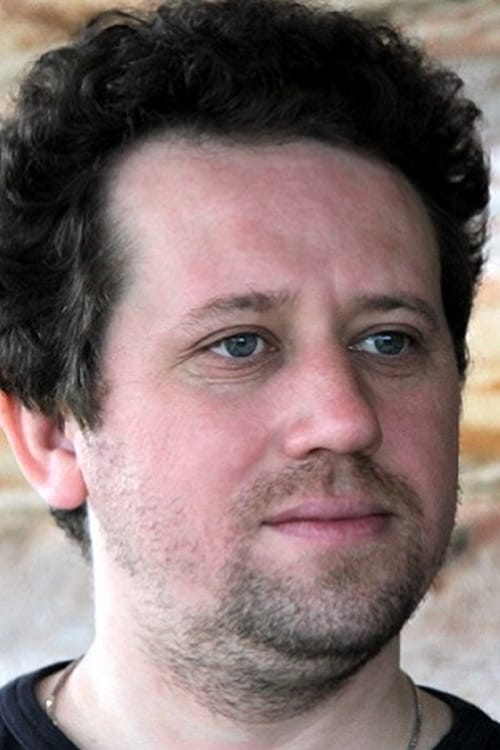Father and Son (2003)
Genre : Drama
Runtime : 1H 34M
Director : Aleksandr Sokurov
Writer : Sergei Potepalov
Synopsis
In this dreamlike film, a nameless father and his son, Aleksei, live together in an apartment in St. Petersburg. Aleksei's mother has died and consequently the two have a very close relationship. When Aleksei acquires a girlfriend, she refuses to take a back seat to his bond with his dad, and breaks up with him. Aleksei is also experiencing nightmares, dreading separation from his father to be a part of the military as his father was.

Olivier Assayas, Gus Van Sant, Wes Craven and Alfonso Cuaron are among the 20 distinguished directors who contribute to this collection of 18 stories, each exploring a different aspect of Parisian life. The colourful characters in this drama include a pair of mimes, a husband trying to chose between his wife and his lover, and a married man who turns to a prostitute for advice.
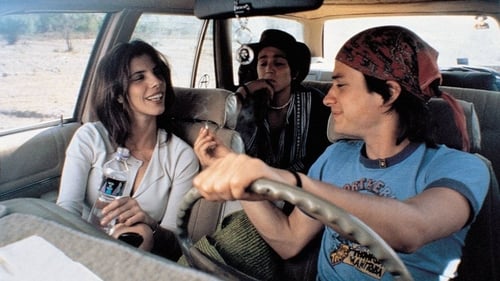
In Mexico, two teenage boys and an attractive older woman embark on a road trip and learn a thing or two about life, friendship, sex, and each other.
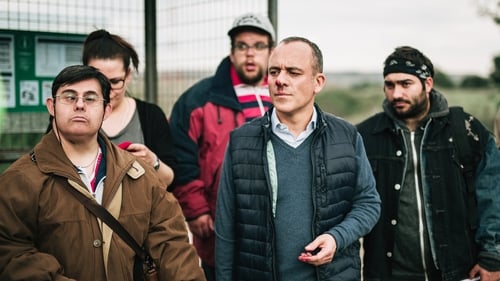
A disgraced basketball coach is given the chance to coach Los Amigos, a team of players who are intellectually disabled, and soon realizes they just might have what it takes to make it to the national championships.
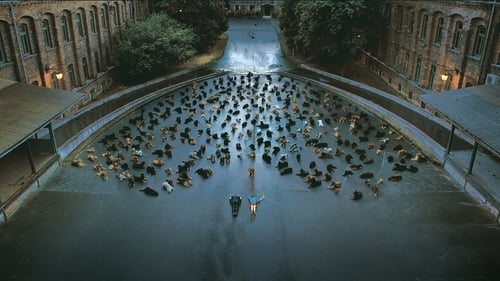
Failing in his desperate efforts to find his beloved owner, an abandoned dog eventually joins a canine revolt leading a revolution against their human abusers.

Storyteller and Conceptual Magician Derek DelGaudio attempts to understand the illusory nature of identity and answer the deceptively simple question 'Who am I?'

In her search for answers, 17-year-old Haru sets out on a long journey across the country to the town where, in 2011, the devastating tsunami swept away her brother and parents. This road trip takes the young woman, who is still haunted by her loss, from Hiroshima to Tokyo and Fukushima and all the way to Ōtsuchi, where her family home once stood. On the way she encounters other people, other stories, other lives and other losses. Landscapes and faces. The journey ends in the middle of a garden in full bloom among the scarred surroundings of her coastal hometown.. In it stands a telephone box which, even though it is no longer connected, is used to speak to those who cannot be reached any other way.

Bird droppings on a work shirt lead to extreme unintended consequences.
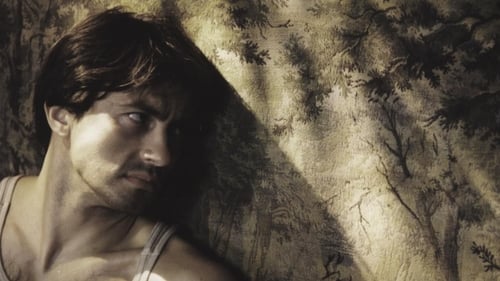
In this dreamlike film, a nameless father and his son, Aleksei, live together in an apartment in St. Petersburg. Aleksei's mother has died and consequently the two have a very close relationship. When Aleksei acquires a girlfriend, she refuses to take a back seat to his bond with his dad, and breaks up with him. Aleksei is also experiencing nightmares, dreading separation from his father to be a part of the military as his father was.
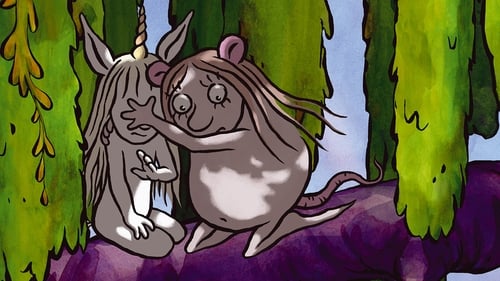
Since her parents passed away, Princess Mona lives by herself in a castle with two hideous, ghastly characters, Goomi and His Lordship. One day her sobs draw the attention of a unicorn, called U, who wants to comfort and protect Mona for as long as she needs. U becomes Mona's companion, her confidant and her inseparable friend. While Mona grows into a beautiful princess, a group of charming, peaceful and fanciful Yeah-Yeah’s settles in the neighboring forest. They have no particular special powers, yet they soon bring about major changes in everyone's lives, especially in Kulka, the dreamy musician.

By Tanuj Nath

The action in this lavishly produced film takes place at an oddly ark-shaped mansion during World War I, and in spirit (although not in story) it reflects the play which inspired it, the ferociously antiwar Heartbreak House by George Bernard Shaw. A large group of family and friends have gathered at this country house to dance, drink, and converse. Their conversation, in particular, is adorned with erudite literary references and quotations. Despite their apparent refinement, their preoccupations are simple: sex and violence. Disquieting images break the tranquility of the vacationers' inappropriate idyll: some of these include documentary footage of starving African children, images (both real and re-enacted) of George Bernard Shaw going about his daily life, and a corpse coming to life on an autopsy table, only to cheapen that miracle by scolding a group of women. The music used in the film ironically points to its disturbing message and is uniformly anachronistic.

Los desafíos presents three separate stories that are linked by an American presence in Spain in the 1960s, with Dean Selmier playing the role of the American male in all three.

An update to Steve Cutts' original film "MAN" with "In the Hall of the Mountain King" by Edvard Greig as music.

The war is over. Once a young sculptor, and now a soldier, he returned home. Married, there were children. In search of work, he was hired to make grave monuments. Time passed... At one time, visiting a cemetery with friends, he saw with different eyes all his work done over the years...
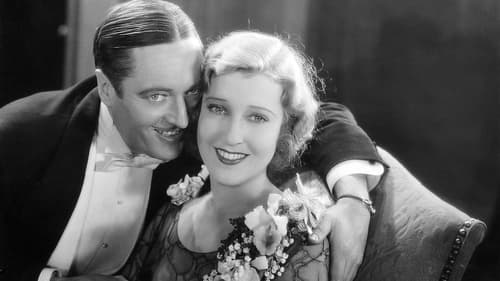
At a big party, Roger Fallon, now a woman-hater, right to the core - this all due to a failed marriage and disastrous love affairs - talks to Herbert Drake. Herbert who is happily married, bets Fallon that the next woman who walks into the room, whoever she is, won't let Fallon kiss her for 48 hours. Fallon takes the bet. Suddenly, a very beautiful and sexy woman walks in. It's Herbert's wife, Jeanne Drake...
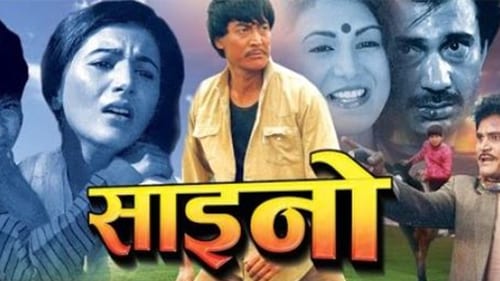
Two couple leave Kathmandu to go the village where a lot of conflict happen.

When a lonely, intrusive man inserts himself into their business, Jenny and Andy's relationship gets even more complicated.
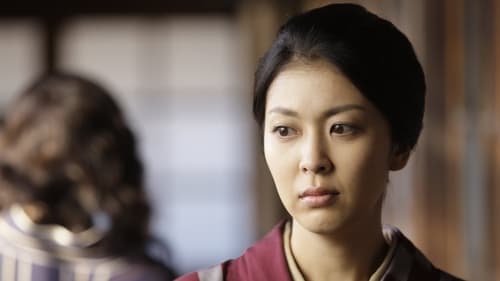
This enticing period melodrama depicts a long-suffering woman's relationship with her brilliant but self-destructive writer husband in postwar Tokyo. Based on a semi-autobiographical 1947 novel by Osamu Dazai, the story centers less on the womanizing, heavy-drinking, suicidal hero than on the wife who loves him. Written by Palm Springs International Film Festival

Banned in the Soviet Union for its "negative" content and never released, Kalatozov was forced to retreat from filmmaking for seven years because of this film. The film sets out to illustrate the old adage, "For want of a nail, the battle was lost," showing how the inferior quality of something so trivial as a nail in a soldier's boot leads inexorably to the capture of an armored train. Kalatozov had intended to demonstrate the crucial and universal importance of efficiency in Soviet industry, but the government decided that his fable gave a negative impression of the Red Army's capabilities.

Lithuania, 1977. Memories of childhood, adolescence, and first love in a small provincial town, shown through complexity of human relations at this periodical film.




